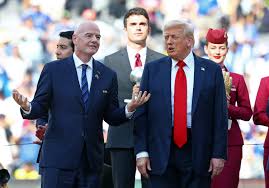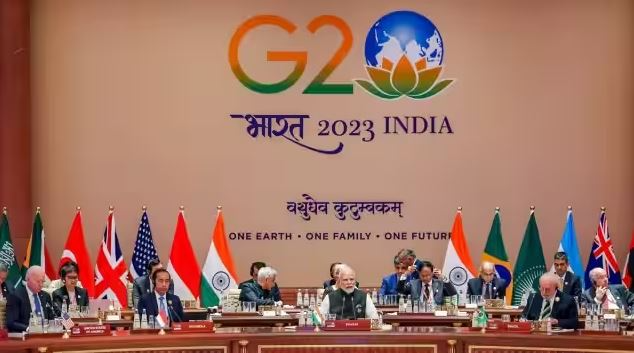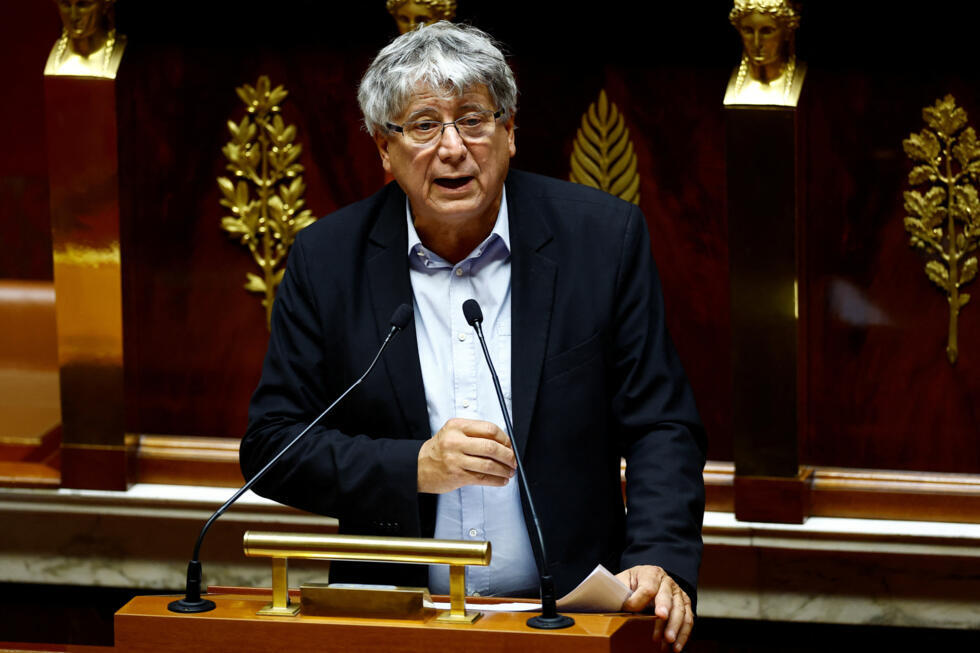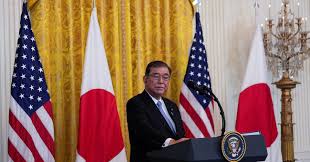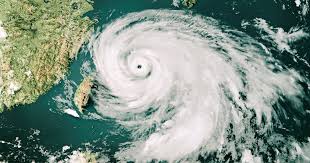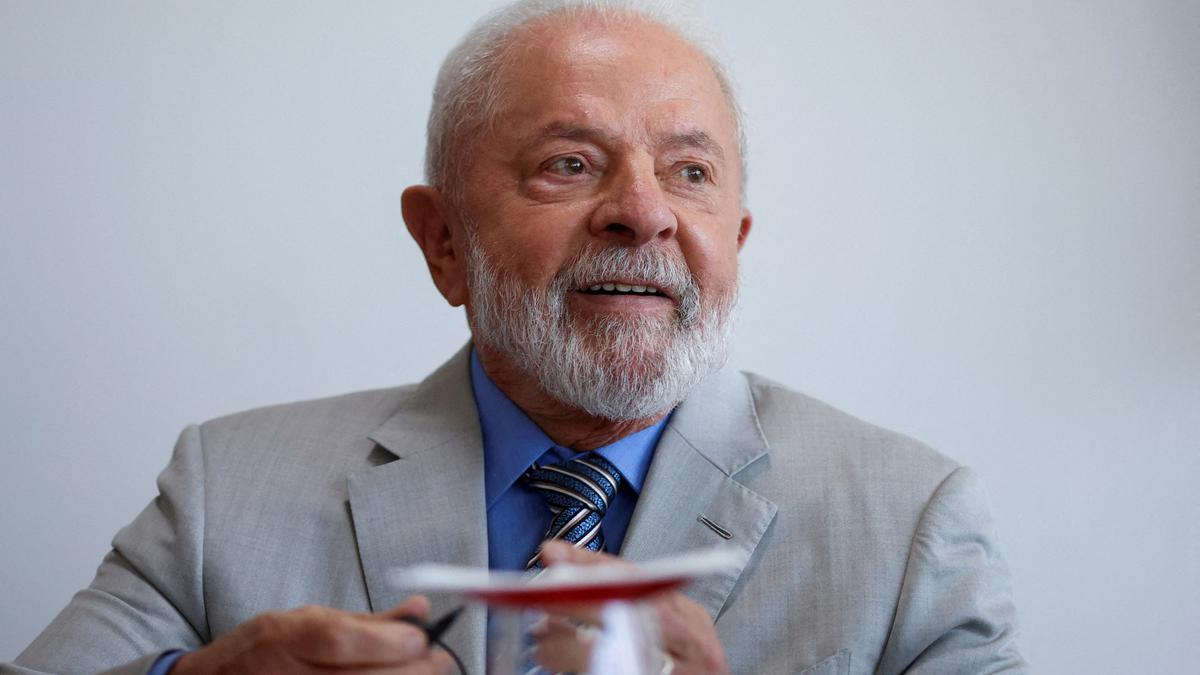
Brazil’s President Vetoes Controversial Land Reform Law A Turning Point in Indigenous Rights and Environmental Policy
In a significant political and ethical stand, Brazil's President Luiz Inácio Lula da Silva recently vetoed major portions of a controversial land reform bill that had stirred national and international backlash. The proposed law, passed by Congress earlier this year, sought to impose a restrictive new framework on the recognition and demarcation of Indigenous lands arguably the most sensitive and symbolically powerful issue in Brazil’s ongoing clash between environmental protection and economic development. Lula's decision to reject core parts of the bill underscores his administration’s commitment to Indigenous rights, environmental preservation, and constitutional law, while simultaneously placing him at odds with powerful agricultural and business lobbies in the country.
The vetoed bill, informally referred to as the “Marco Temporal” (Time Limit) legislation, attempted to set a legal cut off date October 5, 1988, the day Brazil's current constitution was enacted for recognizing Indigenous territorial claims. In essence, only lands that were being physically occupied by Indigenous communities on that specific date would be eligible for legal protection and recognition as Indigenous territories. This move, critics argued, blatantly ignored the violent and systemic displacement of Indigenous groups during Brazil's military dictatorship and colonization periods, many of whom were forcibly removed or in hiding during that time. The bill would have invalidated hundreds of pending claims and potentially opened millions of hectares of protected forest to commercial exploitation.
President Lula’s veto was not just a legal action it was a political message. In his official statement, Lula emphasized that the proposed law violated Brazil's constitutional obligations to Indigenous peoples and contradicted international human rights treaties to which Brazil is a signatory, including the International Labour Organization’s Convention 169. He further argued that applying a historical cut off date without considering the context of displacement would legalize historic injustices and legitimize land grabs, especially in the Amazon basin where conflicts over territory and illegal deforestation are escalating.
The decision, while applauded by Indigenous leaders, human rights organizations, and environmental groups, sparked immediate backlash from Brazil’s powerful agricultural sector and conservative lawmakers. Agribusiness leaders, who have long sought to weaken land protection laws in the name of “development,” accused Lula of stalling economic progress and ignoring the legal uncertainties faced by farmers who currently occupy disputed lands. The ruralist caucus in Congress, known as the "bancada ruralista," is now mobilizing to override the veto. This would require a majority vote in both legislative houses, a possibility that cannot be ruled out given their growing influence.
The broader context of the veto is one of increasing political polarization in Brazil. On one side, Lula's administration is attempting to restore Brazil’s global environmental leadership and undo years of deregulation under former President Jair Bolsonaro. On the other, rural lawmakers and industry groups continue to push for aggressive land liberalization to expand soybean plantations, cattle ranches, and mining operations. The land reform bill was one of the most symbolic clashes between these two visions of Brazil’s future development at any cost versus sustainable coexistence with nature and respect for Indigenous heritage.
From the perspective of Indigenous communities, the veto represents a rare victory in an increasingly hostile landscape. For decades, Indigenous Brazilians have faced violence, displacement, and political neglect. Leaders from major Indigenous organizations like APIB (Articulation of Indigenous Peoples of Brazil) have praised the president’s action as a "life saving decision" and pledged to continue fighting for full demarcation and legal recognition of their lands. Many have pointed out that Lula’s move may have prevented irreversible cultural and ecological losses, as the territories in question host some of the world’s most biodiverse ecosystems and are essential to climate stability.
The environmental implications of the veto are also profound. Experts estimate that approving the bill in its original form would have opened up more than 60 million hectares of forest land to potential logging, mining, and agricultural development accelerating the already dire rate of Amazon deforestation. These forests are not only home to countless species, but they also act as a critical carbon sink that helps mitigate the global climate crisis. Lula’s action is thus seen by many environmentalists as a stand not just for Brazil’s future, but for the planet’s.
Internationally, Lula’s veto has bolstered Brazil’s credibility in climate diplomacy. At recent international climate conferences, the Brazilian government has committed to reducing deforestation rates and increasing protection of Indigenous territories. The veto aligns with these pledges and helps reestablish Brazil as a climate leader after a period of global criticism. European governments, in particular, which are negotiating a trade deal with the Mercosur bloc, had expressed concern over the original bill and welcomed the veto as a positive step.
Despite the optimism among progressives, challenges remain. The vetoed provisions may return to Congress in revised form, and some lawmakers are already proposing new bills with similar goals but slightly altered language. Additionally, even with the veto, enforcement of Indigenous land protections on the ground remains inconsistent. Illegal logging, mining, and land invasions continue at alarming rates, often with little government intervention and increasing violence against Indigenous defenders.
Moreover, Lula’s administration must now navigate a delicate balancing act. While the veto pleases Indigenous groups and green allies, it may alienate segments of the rural electorate and economic power brokers. The political cost could be high if Congress retaliates by blocking other elements of Lula’s reform agenda or if agribusiness groups escalate legal challenges. Therefore, the administration must now focus on building coalitions, strengthening legal protections, and accelerating the formal demarcation of Indigenous lands to prevent future threats.
In conclusion, Lula’s veto of the controversial land reform bill is a historic moment in Brazil’s modern democratic journey. It reflects a rare alignment of constitutional fidelity, environmental responsibility, and moral clarity in the face of powerful economic interests. But it is also just one battle in a larger war over the future of Brazil’s land, people, and ecological integrity. The struggle for Indigenous rights and forest preservation will continue to define Brazil’s domestic politics and global reputation in the years to come. As legal challenges and political maneuvering continue, the eyes of the world will remain fixed on Brasília, watching if the president’s bold stand will be upheld or overturned by a Congress still heavily influenced by development at all costs ideology.
Related Post
Popular News
Subscribe To Our Newsletter
No spam, notifications only about new products, updates.

